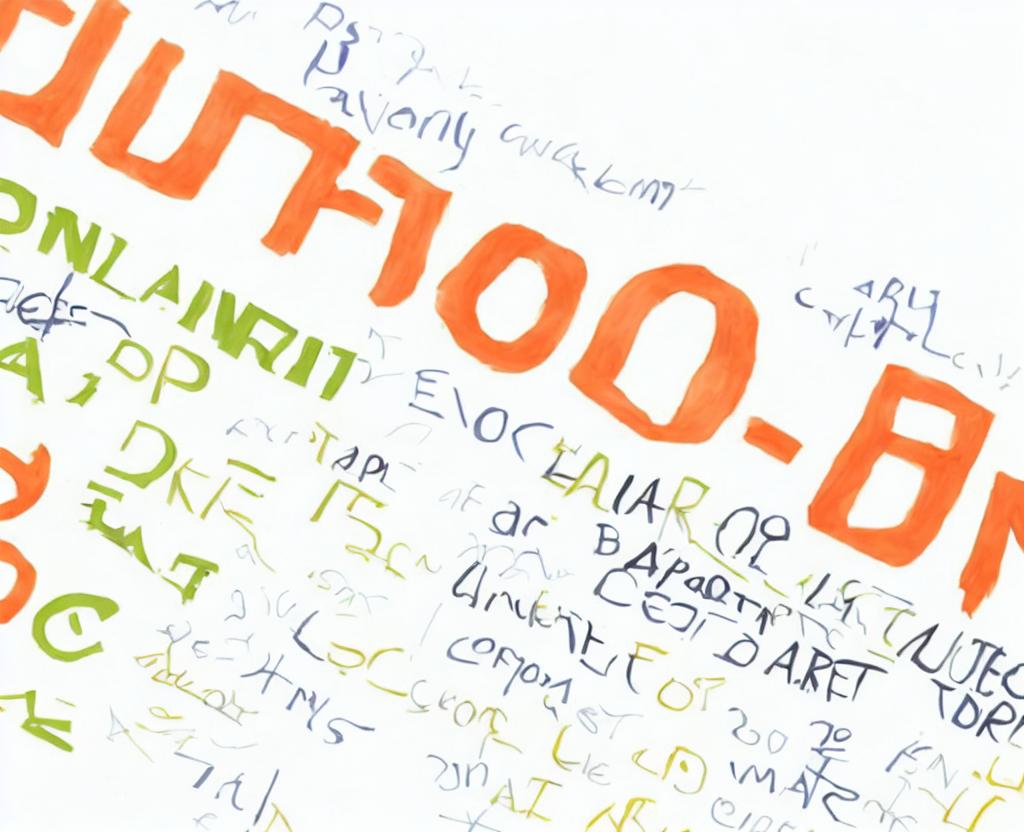What is International Anti-corruption Day?
Every year, International Anti-Corruption Day, on December 9th, raises public concern for anti-corruption. It also encourages the public to participate in innovative approaches aimed at overcoming corruption's fight.
Corruption is defined as dishonest or fraudulent activity. Others see corruption as the misuse of entrusted power for private gain. Usually, those in power use corruption to achieve their goals. Corruption takes many forms. Just a few of the offences connected with corruption include Bribery, price-fixing, and embezzlement. Every year, $1 trillion is paid in bribes, according to the United Nations. Through corruption, these crimes take in about $2.6 trillion per year. These figures add up to more than 5 percent of the global GDP, which amounts to more than 5 percent.
Corruption has a huge effect on entire nations' socioeconomic, political, and economic growth. The robbery has brought down governments and destroyed companies. However, the poorest and most vulnerable are the most common victims. However, the poorest and most vulnerable are also vulnerable.
Both developed and undeveloped countries suffer from corruption of all sorts. In poor countries, however, it is much worse. Funds in these countries that have been lost to corruption are ten times greater than the amount of funds needed for development. That's because corruption flourishes in places where political institutions are weak.
These are the most regulated countries. The most corrosive countries include::








